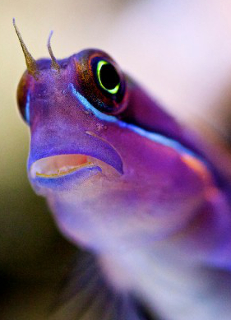High level ocean damage runs deep
 Humans are changing the natural balance in oceans in many more ways than previously thought, research suggests.
Humans are changing the natural balance in oceans in many more ways than previously thought, research suggests.
Additionally, the effects of these changes can ripple through ocean ecosystems in a wide variety of surprising ways, according to Macquarie University’s Dr Elizabeth Madin.
For example, where predators such as sharks and other big animals have largely disappeared due to overfishing, changes in their prey’s behaviour have led to clear impacts on coral reef ecosystems.
“What we now know is that when predators are removed from coral reefs through overfishing, the behavioural responses of the prey fish alone are enough to fundamentally change what the physical reefscape looks like,” Dr Madin said.
The research collectively shows that as humans continue to change predator numbers in the ocean – by eating them as seafood and changing where they live through climate change – other parts of the ecosystem are affected simply by changing predation risk.
“We are removing predators from marine ecosystems at unprecedented rates, and we are doing so with very little knowledge of the full range of potential consequences,” said Dr Madin.
“What our work shows is that there are many more consequences, through a fundamentally different pathway, than we’ve generally recognised up to now. These really need to be considered in conservation and ecosystem management.”
“One thing that we can all do to lessen our impact on the oceans is to carefully consider our seafood choices.
“In particular, we can check web-based seafood sustainability guides to make sure that the seafood we buy in the store and order in restaurants is sustainable – in other words, it doesn’t contribute to overharvest or habitat destruction,” said Dr Madin.








 Print
Print